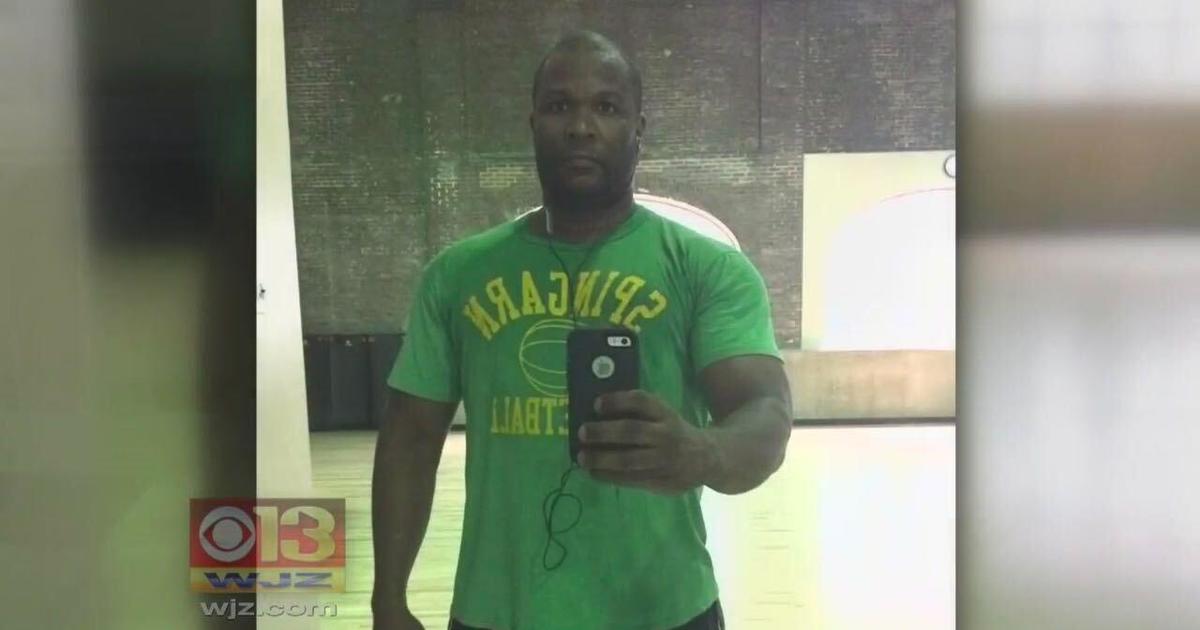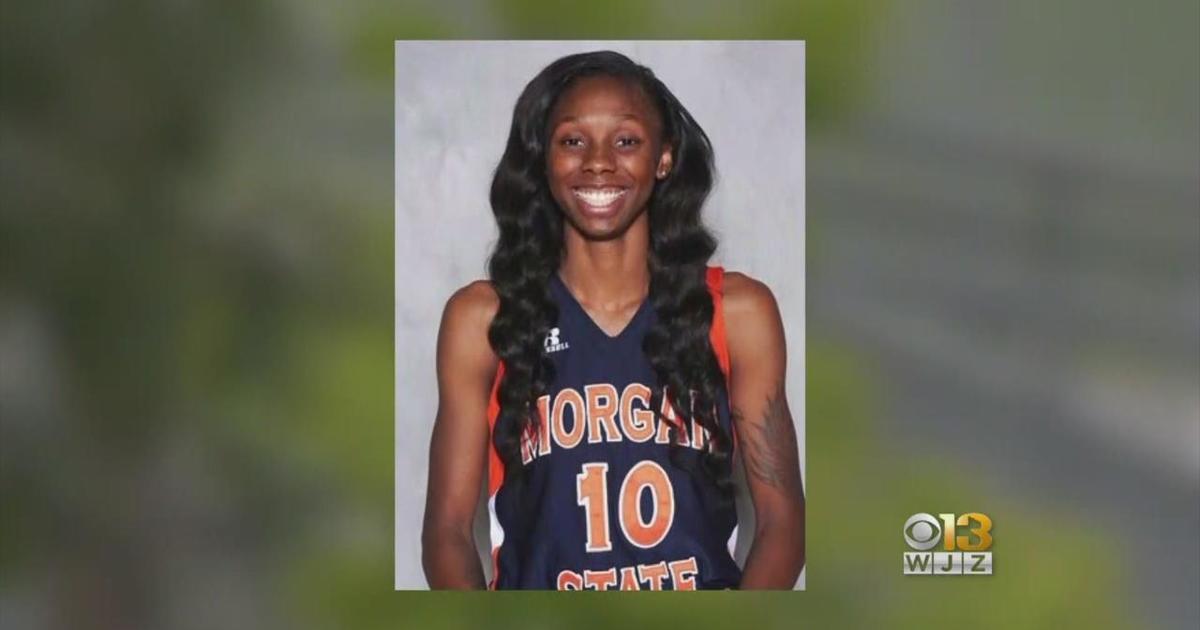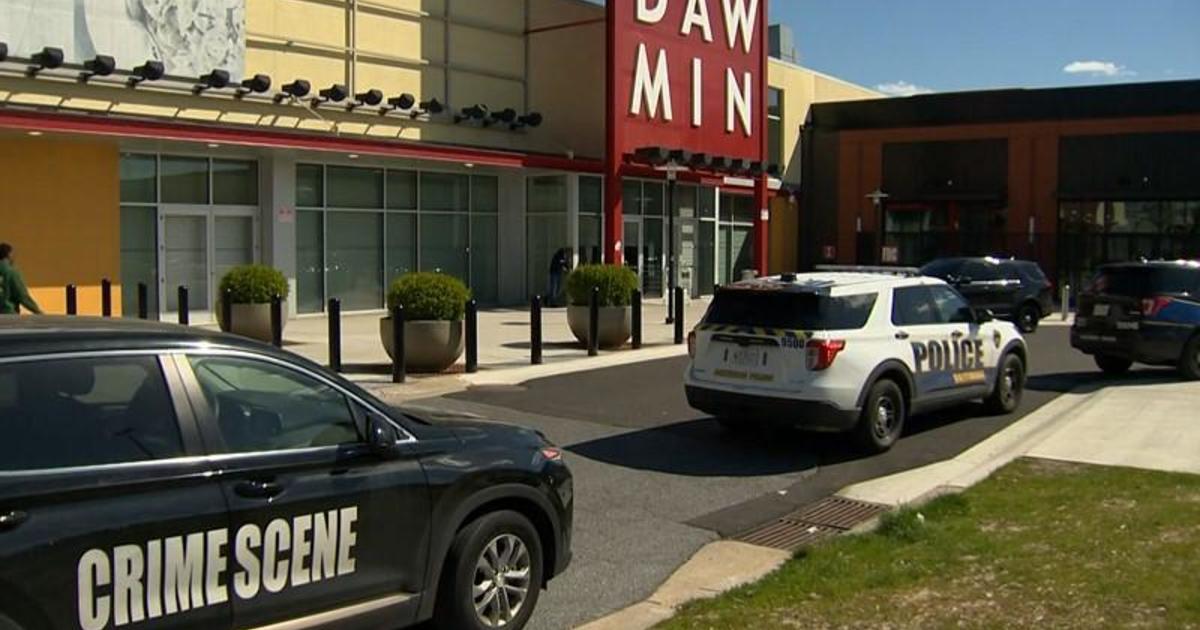Iowans Write First Chapter Of 2016 Election; Mixed News For Md. Candidates
DES MOINES, Iowa (AP) -- Iowa kicked off voting in the 2016 presidential race Monday night, with Republicans Ted Cruz, Donald Trump and Marco Rubio locked in a close three-way contest that could help determine the party's future. Democrats Hillary Clinton and Bernie Sanders were also in a tight battle.
Ben Carson is coming in fourth for the Republican candidates, although he's barely in double digits. Martin O'Malley was a distant third for the Democrats and he suspended his campaign Monday evening.
There were rumors that Carson was going to suspend his campaign, but staffers dismissed them. In a statement, they said, "Contrary to false media reports, Dr. Ben Carson is not suspending his presidential campaign, which is stronger than ever. After spending 18 consecutive days on the campaign trail, Dr. Carson needs to go home and get a fresh set of clothes. He will be departing Des Moines later tonight to avoid the snow storm and will be back on the trail Wednesday. We look forward to tonight's caucus results and to meaningful debates in New Hampshire and South Carolina."
The indicators were based on interviews with voters as they arrived at caucus sites across the state, as well as on vote counts past the midway point in tabulations.
At stake in Iowa was crucial early momentum in the presidential campaign, and for some candidates the future of their White House hopes altogether.
Candidates faced an electorate deeply frustrated with Washington. While the economy has improved under President Barack Obama, the recovery has eluded many Americans. New terror threats at home and abroad have increased national security concerns.
Voters at Republican caucuses indicated they were deeply unhappy with the way the federal government is working. Half said they were dissatisfied and 4 in 10 said they were angry, according to surveys conducted by Edison Research for The Associated Press and the television networks.
Six in 10 Democratic caucus-goers wanted a candidate who would continue Obama's policies. Young voters overwhelmingly backed Sanders, with more than 8 in 10 caucus-goers under the age or 30 backing the Vermont senator. Clinton won the majority of voters over age 45.
Both parties were drawing new voters. About 4 in 10 participants in each party said they were caucusing for the first time.
In Iowa, which has for decades launched the presidential nominating contest, candidates also faced an electorate that's whiter, more rural and more evangelical than many states. But, given its prime leadoff spot in the primary season, the state gets extra attention from presidential campaigns.
Iowa has decidedly mixed results in picking eventual nominees. The past two Republican caucus winners -- former Arkansas Gov. Mike Huckabee and former Pennsylvania Sen. Rick Santorum -- faded as the race stretched on. But Obama's unexpected 2008 victory was instrumental in his path to the Democratic nomination, easing the anxieties of those who worried the young black senator would struggle to win white voters.
Clinton was seeking to overcome the ghosts of her loss to Obama in 2008. Her campaign spent nearly a year building a massive get-out-the-vote operation in Iowa.
Yet she faced an unexpected challenge from Sanders, the self-declared democratic socialist from Vermont. Sanders drew big, youthful crowds across the state and his campaign was hoping for high turnout.
"We will struggle tonight if the voter turnout is low. That's a fact," Sanders told volunteers and supporters in Des Moines.
Monday's contest offered the first hard evidence of whether Trump could turn the legion of fans drawn to his plainspoken populism into voters. He intensified his campaign schedule during the final sprint, including dropping by a caucus site in West Des Moines.
Cruz has modeled his campaign after past Iowa winners, visiting all of the state's 99 counties and courting influential evangelical and conservative leaders. He spent the closing days of the Iowa campaign focused intensely on Rubio, trying to ensure the Florida senator didn't inch into second place. Rubio is viewed by many Republicans as a more mainstream alternative to Trump and Cruz.
Rubio, who previously lashed back at criticism, adopted the same reflective tone as many of his rivals on Monday, telling NBC that Cruz "has a very strong ground game." He dismissed attacks against him as "politics as usual."
The caucuses marked the end of at least one candidate's White House hopes. Even before the results were final, former Maryland Gov. Martin O'Malley ended his longshot bid for the Democratic nomination.
The threat of a snowstorm late Monday appeared to do little to deter voter turnout, though campaigns were still anxious that the weather could hinder the hopefuls in their rush out of Iowa.
Republicans John Kasich, Chris Christie and Jeb Bush were all spending Monday night in New Hampshire -- not only to get a jump on the snow but also on their competitors in a state with voters who are expected to be friendlier to more traditional GOP candidates.
While both parties caucused on the same night in Iowa, they did so with different rules.
Republicans vote by private ballot. The state's 30 Republican delegates are awarded proportionally based on the vote.
Democrats form groups at caucus sites, publicly declaring their support for a candidate. If the number in any group is less than 15 percent of the total, they can either bow out or join another viable candidate's group.
Those final numbers are awarded proportionately, based on statewide and congressional district voting, determining Iowa's 44 delegates to the national convention.
(Copyright 2016 by The Associated Press. All Rights Reserved.)



